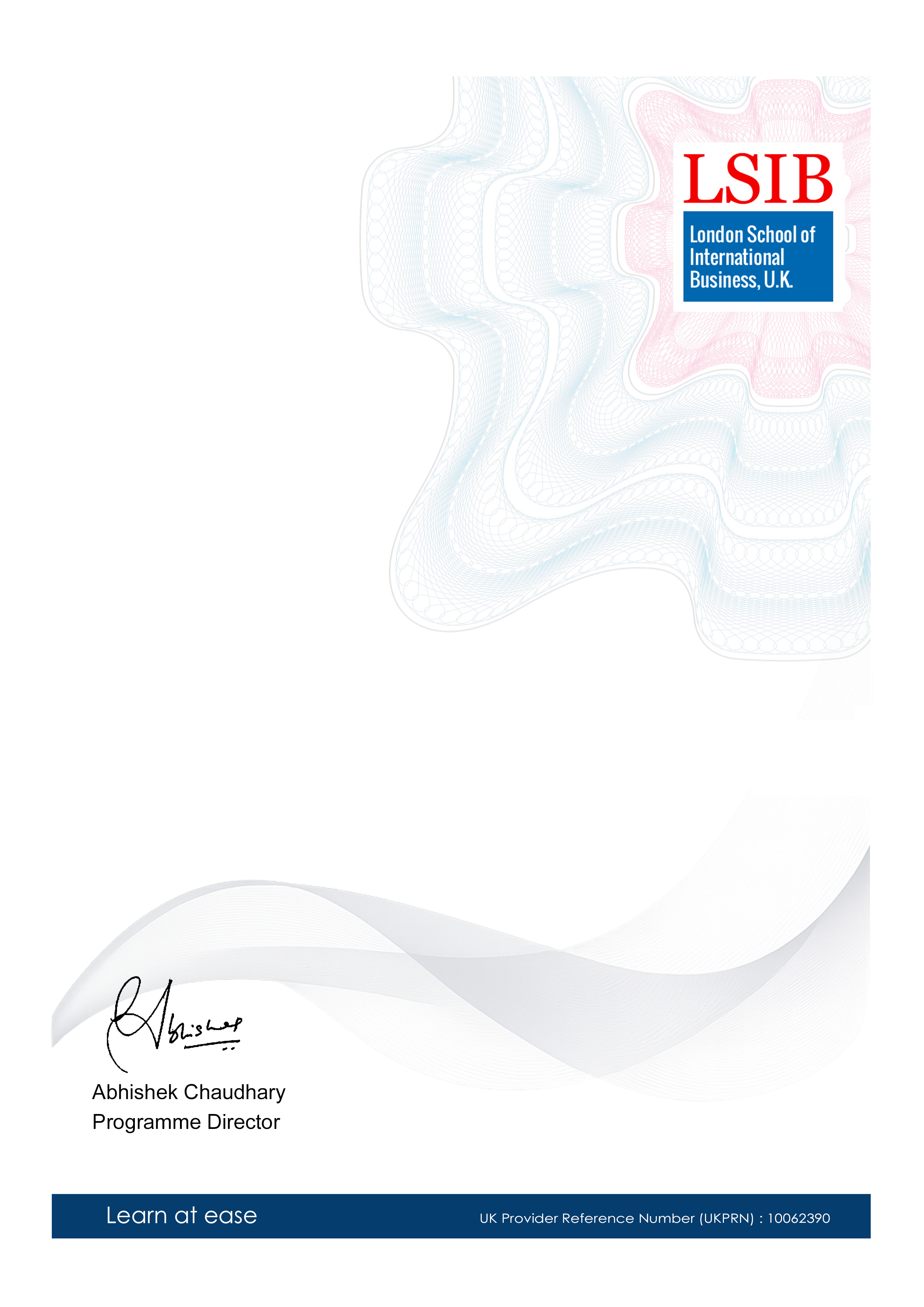Professional Certificate in Plastic Pollution Impact on Keystone Species
-- viewing nowPlastic Pollution impacts vital keystone species, threatening marine and terrestrial ecosystems. This Professional Certificate explores this critical issue.
3,981+
Students enrolled
GBP £ 140
GBP £ 202
Save 44% with our special offer
About this course
100% online
Learn from anywhere
Shareable certificate
Add to your LinkedIn profile
2 months to complete
at 2-3 hours a week
Start anytime
No waiting period
Course details
• Keystone Species: Identification and Ecological Roles
• Impacts of Microplastics on Keystone Species Physiology
• Bioaccumulation and Biomagnification of Plastics in Food Webs
• Case Studies: Examining Plastic Pollution's Effect on Specific Keystone Species
• Conservation Strategies and Mitigation Techniques
• Policy and Legislation Related to Plastic Pollution
• Research Methods in Plastic Pollution Studies
• Communicating Science and Engaging Stakeholders
• Future Directions in Plastic Pollution Research and Conservation
Career path
| Career Role | Description |
|---|---|
| Marine Conservation Officer (Keystone Species Focus) | Investigates plastic pollution's impact on keystone marine species, contributing to conservation strategies and policy recommendations. High demand for expertise in plastic pollution and its ecological effects. |
| Environmental Consultant (Plastic Pollution Specialist) | Advises businesses and organizations on minimizing plastic pollution, focusing on its effects on keystone species. Requires strong communication and problem-solving skills within an environmental context. |
| Research Scientist (Keystone Species & Microplastics) | Conducts research on the impact of microplastics and larger plastic debris on keystone species populations, publishing findings and contributing to scientific understanding. Strong research and analytical skills essential. |
| Policy Analyst (Plastic Pollution & Biodiversity) | Develops and advocates for policies aimed at reducing plastic pollution and protecting keystone species. Requires knowledge of environmental policy and legislation. |
Entry requirements
- Basic understanding of the subject matter
- Proficiency in English language
- Computer and internet access
- Basic computer skills
- Dedication to complete the course
No prior formal qualifications required. Course designed for accessibility.
Course status
This course provides practical knowledge and skills for professional development. It is:
- Not accredited by a recognized body
- Not regulated by an authorized institution
- Complementary to formal qualifications
You'll receive a certificate of completion upon successfully finishing the course.
Why people choose us for their career
Loading reviews...
Frequently Asked Questions
Course fee
- 3-4 hours per week
- Early certificate delivery
- Open enrollment - start anytime
- 2-3 hours per week
- Regular certificate delivery
- Open enrollment - start anytime
- Full course access
- Digital certificate
- Course materials
Get course information
Earn a career certificate

